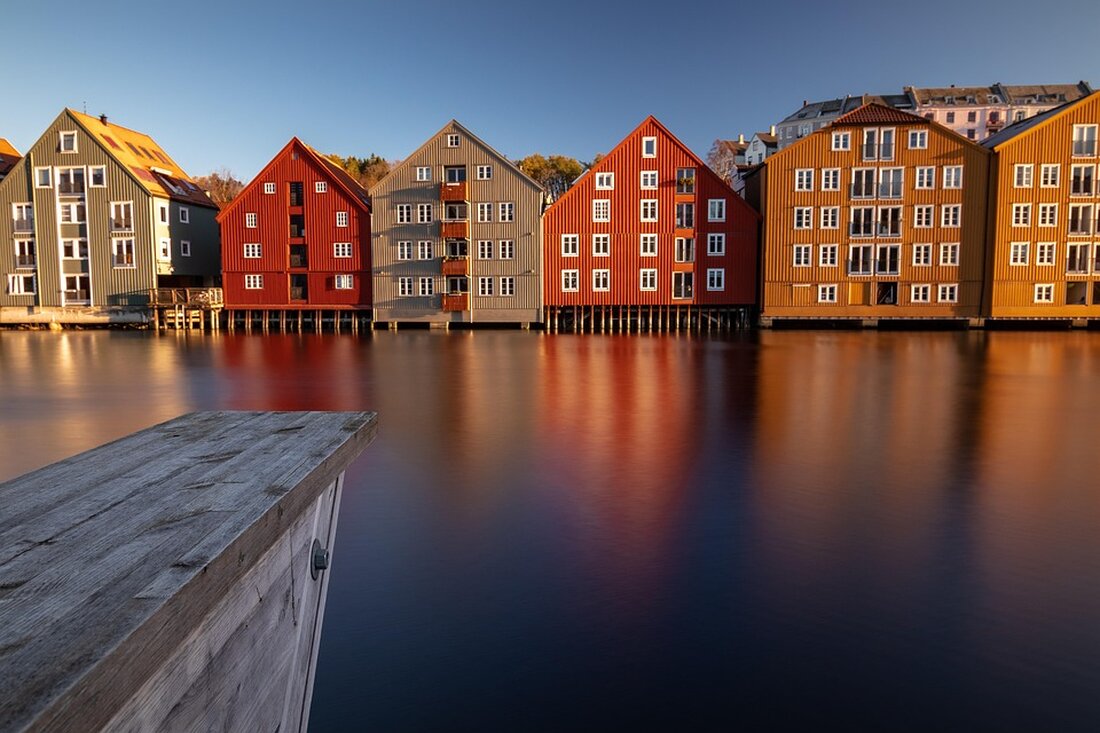Vacation in Holland will be more expensive in 2026: tax increase causes worries!
Tax increase for overnight stays in the Netherlands from 2026: Impact on tourism and travel costs.

Vacation in Holland will be more expensive in 2026: tax increase causes worries!
From January 1, 2026, holidays in the Netherlands will become more expensive. The Dutch government plans to increase the reduced VAT rate for overnight stays from 9% to 21%. This affects hotels, holiday homes, bed & breakfasts and furnished caravans, while classic camping on grass is spared from the increase roofist.org reported.
Industry representatives warn of the potential negative impacts, including the migration of guests abroad or to unregulated alternatives such as Airbnb. These concerns also have a critical background: all-inclusive holidays in the Mediterranean could represent a cheaper option for many travelers, threatening the competitiveness of the Dutch tourism industry.
Industry reactions
A study by Accor Hotels shows that 70% of respondents are sensitive to price increases. Over half would reconsider their stay in the Netherlands. The possible consequences of the tax increase are serious: shorter vacations, fewer bookings and a migration to cheaper offers could put a heavy burden on the industry. The trend towards “glamping” is being hindered by the tax reform, as the corresponding offers are subject to the full tax rate.
Industry association Recron raises concerns about competitive disadvantages compared to Germany, which has a VAT rate of 7%, and Belgium, which charges 6%. The Nigerian government expects around 1.2 billion euros in additional revenue annually from the tax increase, but several studies question these estimates and are critical of the measure's negative signaling effect.
Burdens on the catering industry
The economic situation in Germany, especially in the summer of 2024, is tense, especially for the catering industry. Recurring VAT rates of 19 percent burden businesses in Lower Saxony. While the number of overnight stays has now risen back to the level before the corona pandemic, the mood in the industry remains negative. IHK North Chairman Bernhard Brons reports high costs, uncertain conditions and a lack of personnel capacity.
A survey shows that 77% of hospitality companies rate their business situation as good or satisfactory. Nevertheless, over 70% of companies complain about high prices for energy, food and raw materials. Two-thirds of food-focused businesses report a decline in revenue and 87% have increased their prices. This could lead to 5.7% of entrepreneurs considering ceasing operations Rundblick-niedersachsen.de reported.
The challenges are not just due to the VAT increase. Dehoga President Guido Zöllick warns of the difficult economic situation for companies and calls for a return to the reduced VAT rate for food. A uniform tax of 7 percent on food is considered necessary to give companies a fair chance.
The combination of higher tax burdens and uncertain economic conditions could have a decisive impact on the future of the tourism industry in the Netherlands and Germany. The Dutch parliament has yet to pass the tax increase law, but concerns about competitiveness and negative signals for the industry remain.

 Suche
Suche
 Mein Konto
Mein Konto